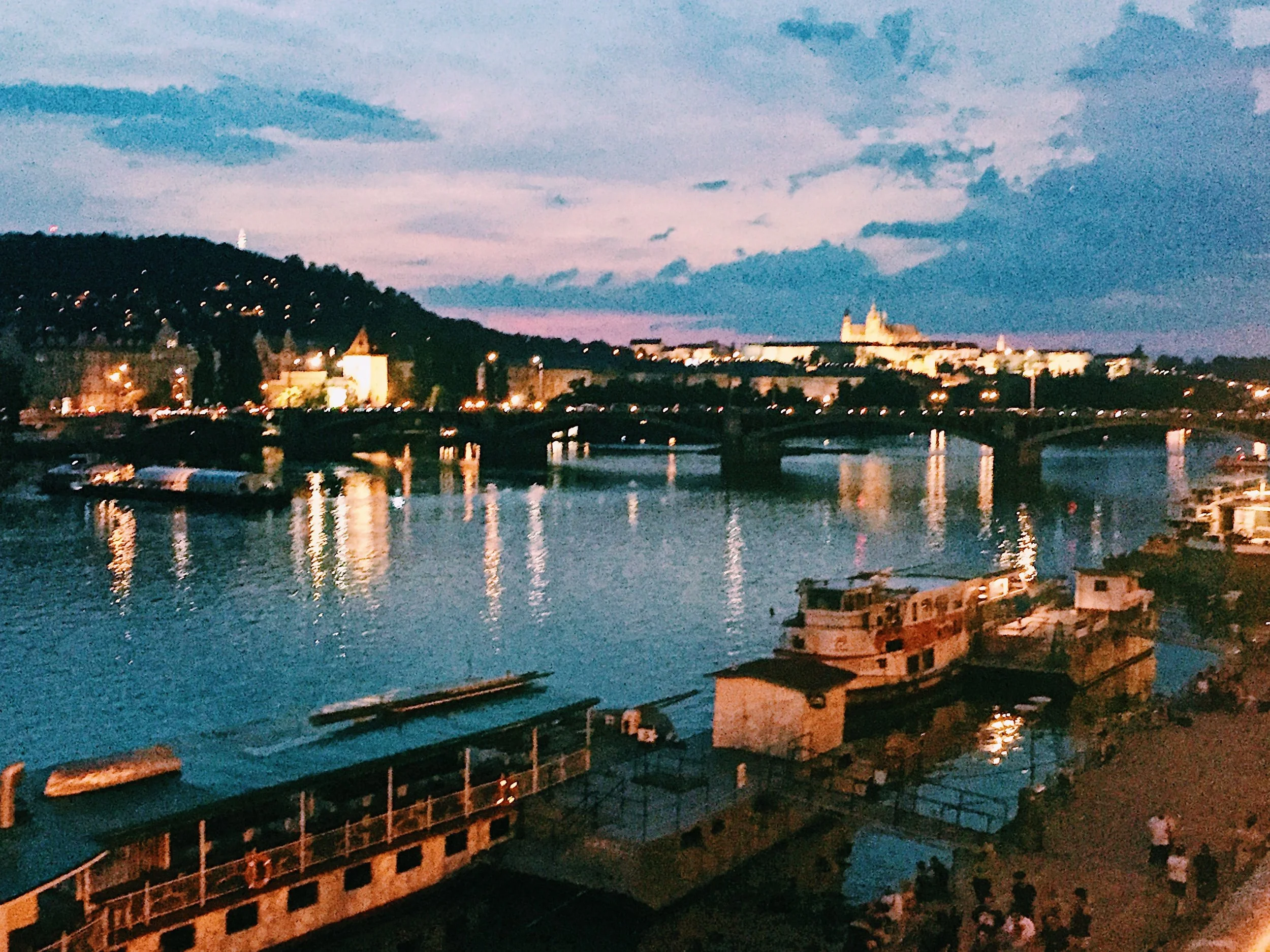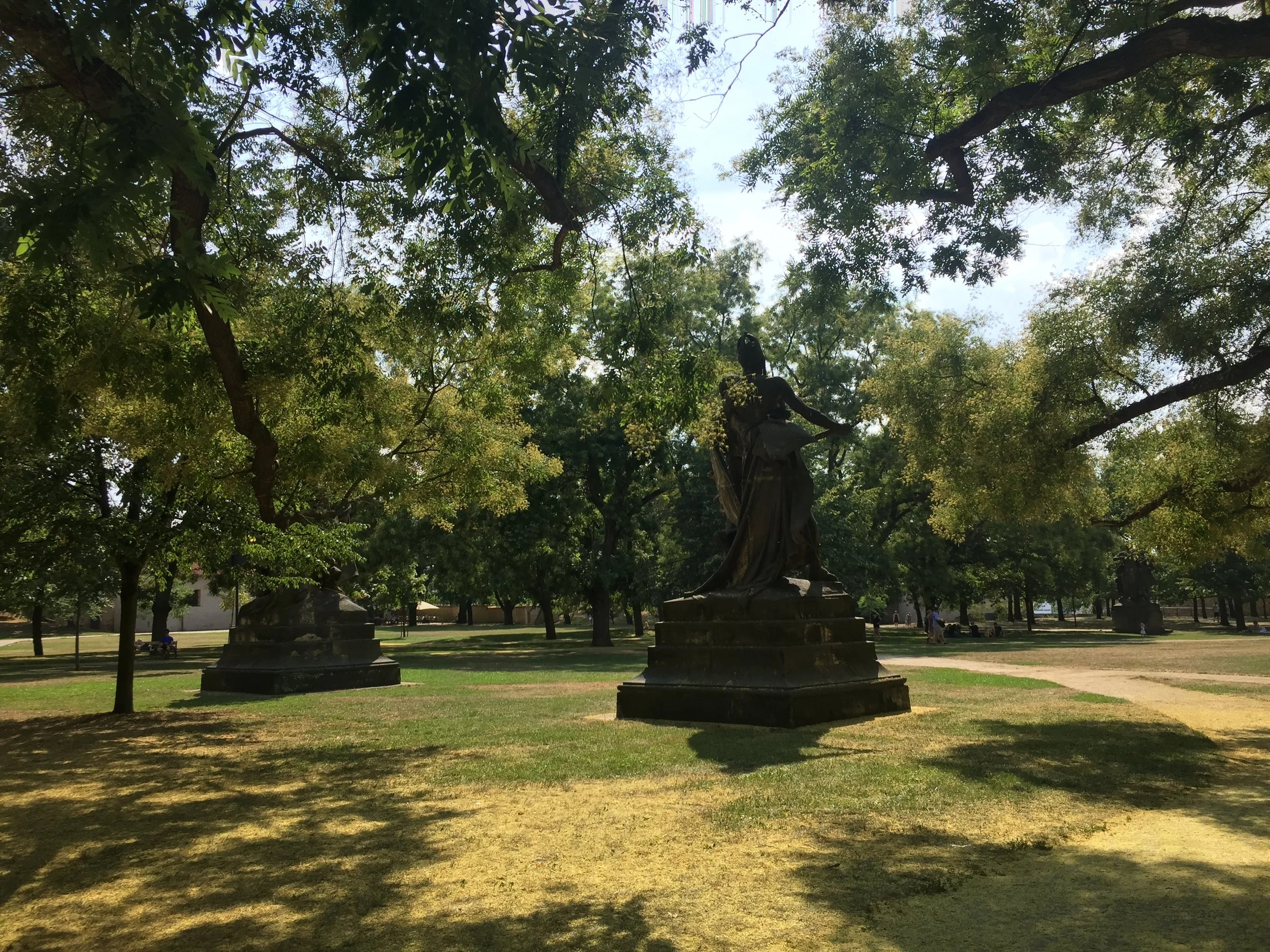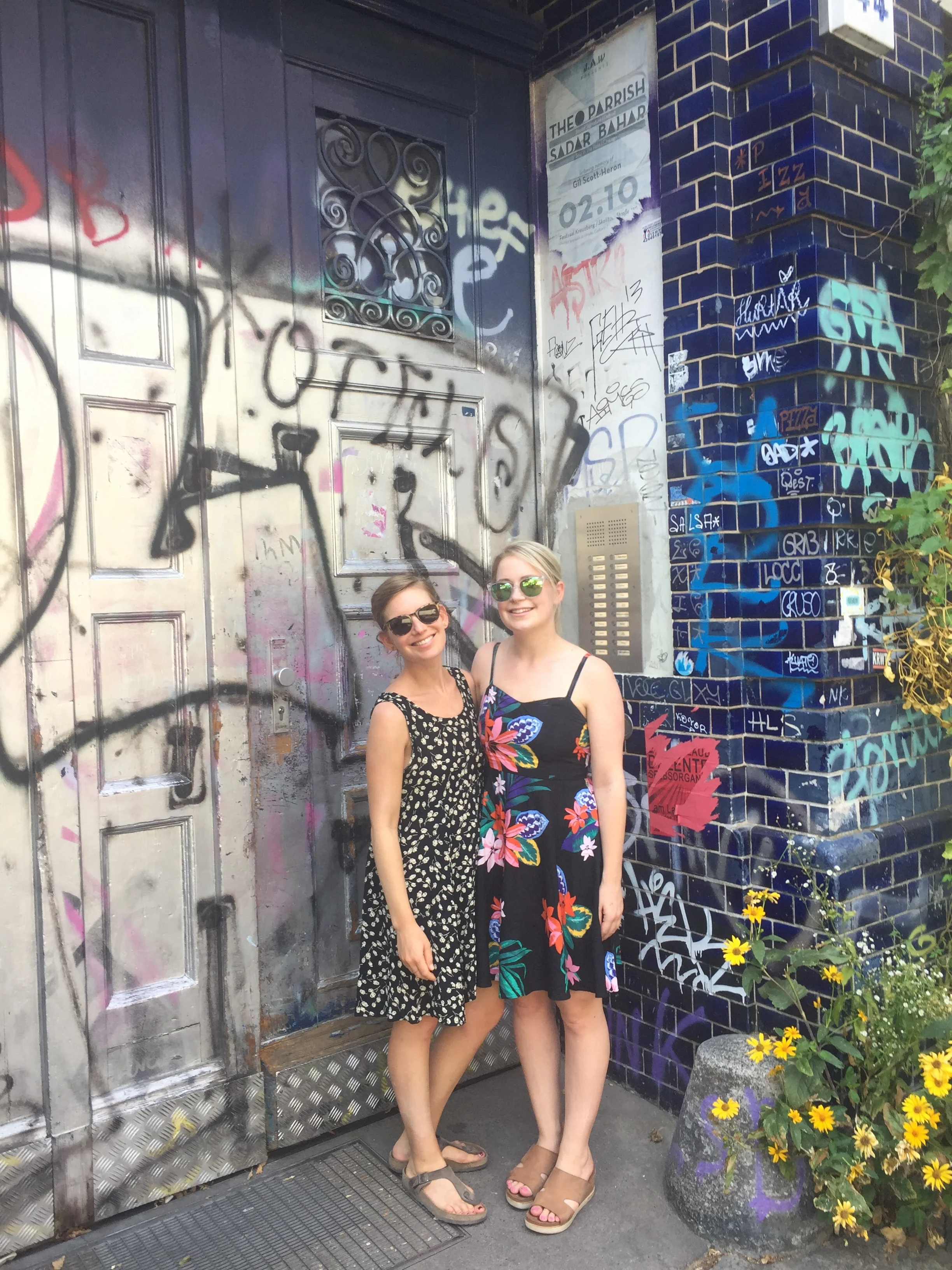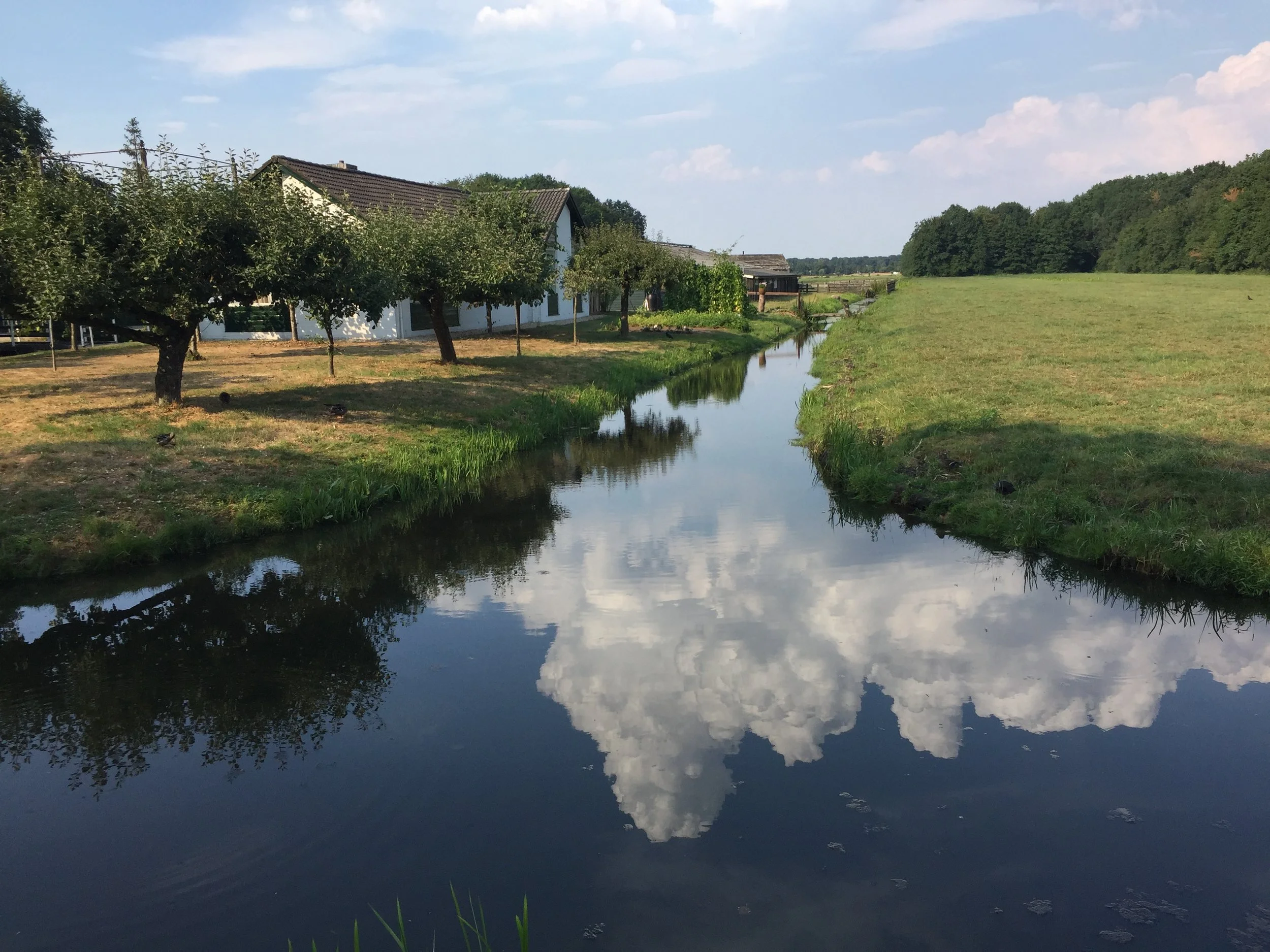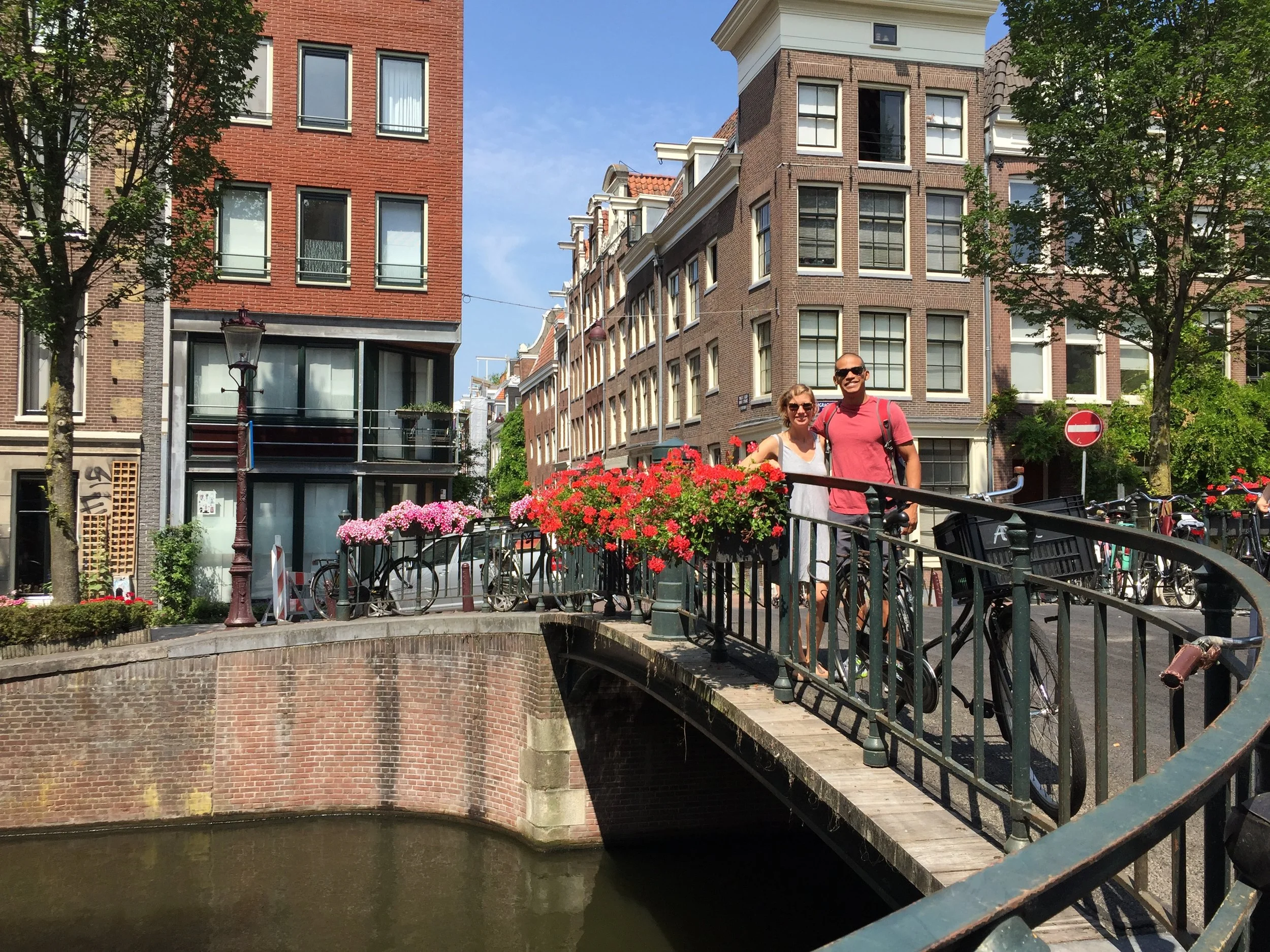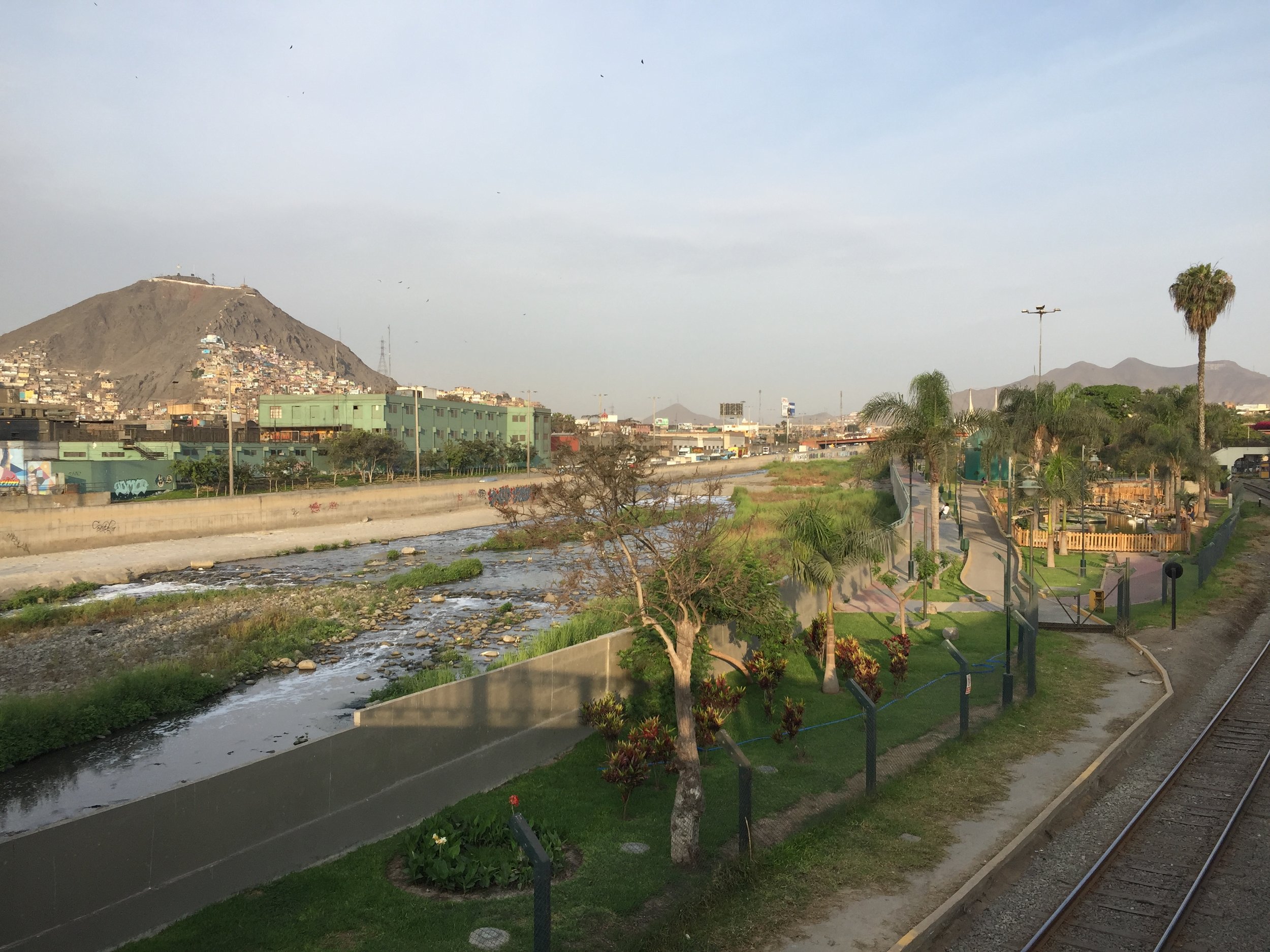Prague: A Preserved Architectural Treasure
Prague was a surprise for both of us. Will said it was the most beautiful European city he's visited.
I've heard amazing things, but hadn't really looked into it. Honestly, we went because we found competitively priced tickets.
But in hindsight, it seems like such an obvious destination when in central Europe.
The city has grown exponentially in popularity among travelers in the past two years.
It's an attractive city to visit for a litany of reasons. Fairytale castles stand among small breweries touting the best beer in Europe.
And for the penny conscious traveler, it's one of Europe's least expensive capital cities.
We stayed in Praha 2, which was roughly one mile from everything we wanted to see. It was an ideal location for us.
For reference, about a 15 minute walk to the historic Old Town Square.
Prague in warmer months is undoubtedly best experienced outside. The architecture is utterly awe-inspiring.
Primarily due to the unparalled architectural diversity.
Gothic cathedrals and Baroque gardens seem almost intertwined.
And yet it felt uniquely European. More specifically, my preconceived impression an Eastern European city.
Which also made it feel a bit more foreign than from the Western Europe countries we've previously visited. Our barometer has become: Can we find peanut butter? In this case, the answer was no. There were seemingly endless options of chocolate spreads, but no peanut butter.
Perhaps the real reason it felt so unfamiliar was because it may have resembled what any European city looked like centuries ago.
It's deemed one of the best preserved cities in Europe.
However, there's a sobering reason for that.
Prague remains largely in tact due to Hitler's adoration of Prague’s architectural history.
It's believed at one point he wanted Prague to be the arts capital of a Nazi Europe.
Therefore, Prague evaded much of the extensive devastation experienced by bordering cities.
Others throughout history admired Prague as well.
Franz Kafka was born in Prague, Einstein taught at Charles University, and Mozart composed some of his most notable opera's in Prague.
Prague is best discovered through walking, even more so in the summer.
To get better oriented with the city, we took a walking tour.
We learned Prague was one of the most significant cities for Cubism, which resulted in rare and lasting Cubist architecture.
We also went by Josefov, or the Jewish quarter.
The Old New Synagogue is considered to be one of Europe's oldest standing medieval synagogues, completed in 1270.
Other than the varied and ornate buildings, we were inspired by the ample green space. Taking a note from our time in Amsterdam, we spent many days in parks.
Our first day we walked along the Vitava River and crossed the Charles Bridge.
We hiked up to the Metronome in Letna Park.
After a monument of Joesph Stalin was destroyed in 1962, the metronome was constructed in its place.
We found a shady spot, and enjoyed our packed picnic lunch.
We also appreciated Havlickovy Sady, also referred to as Grabovka.
My cousin who lived in Prague for a couple of years recommended it. Although it's away from the town center, it's gorgeous in the summer and has a terrific beer garden.
It feels like a not-so hidden secret, as Czechs and foreigners both enjoy the park in the summer.
We sat atop of the hill around sunset, listening to a guy playing his guitar overlooking the sunset. For future reference, everyone else seemed to know to bring a bottle of wine.
Perhaps our favorite green space was Vysehrad, a neo-gothic church and fortress.
It's believed the local settlement was established in the mid-10th century.
We walked around, got soft serve, and read in the lush greenery.
It's located on a rocky area above the Vltava River, with a local vinyard.
Will took some work calls.
But again, could be worse.
We walked around the perimeter of the fortress.
There were incredible windows built into the stone walls.
We stayed in Prague for nearly a week, and it was our host who really helped us cultivate a home.
Early sunrise, view from our bedroom
Most days we would have lunch in the bright apartment, or pack sandwiches for a picnic.
We did have our favorite neighborhood spot for what we considered to be the best doner in Prague. We dined and did takeaway at Doner Kebab Can Bey several times because it was delicious, but also practically across the street from our place.
The city has tons of funky cafes. One afternoon, we went to Kavárna Zanzibar for lunch, but also to read, write, and mostly people watch.
We'd go on nightly walks around the neighborhood.
It was comforting to become so familiar with an area again.
One of my favorite nights was when we went out with our airbnb host for a drink.
It was still during the heat wave and oppressively hot. We went down to the water for some shade and also live music. We started with mugs of Staropramen.
We then went down the the river walk, where there was tons of bars on docked boats and people walking about with beers in hand.
We tried an unfiltered version.
We sat along the edge.
And enjoyed some more live music from one of the bar boats.
And so many swans. Everywhere you look. Swans!
The sun doesn't set until close to 10 p.m., and thus, the days feel never ending.
The warm pastels over the Charles Bridge was beautiful.
It was such a lovely evening.
As an aside, we discovered the Google Translate App. A little late to the game here. But, if you download the dictionary when you have Wifi, the camera translator if fairly accurate.
Which was helpful, because we found Czech to be one of the more difficult languages to decipher.
Prague is easy to explore on foot.
However, it's still a good size, and I was grateful to slow down, and have time to explore at our own pace. It's a city I can see coming back to, if only to step back in time again.


